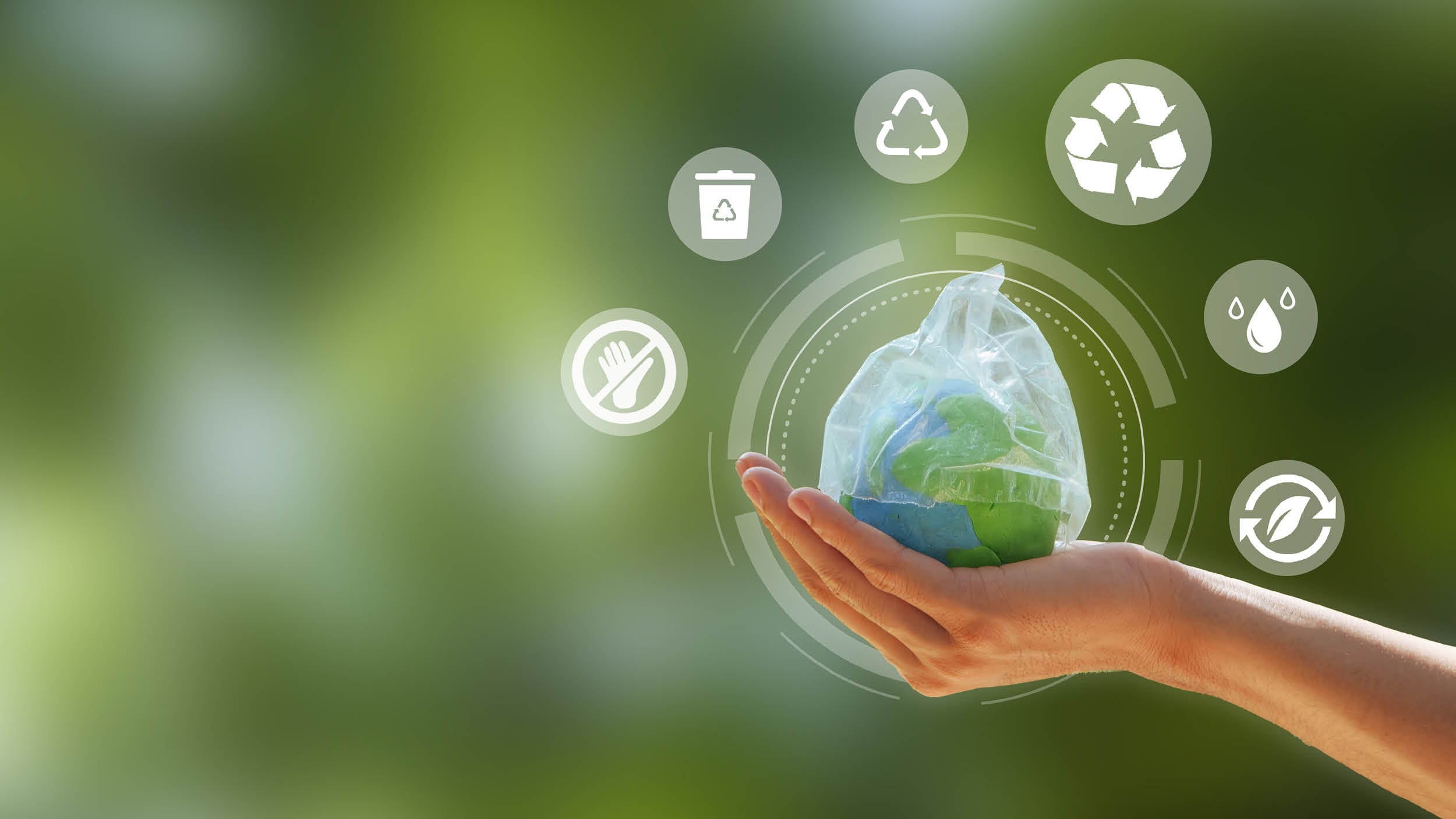
The UNCTAD secretariat has the honour to invite experts from member States to a series of Trade Policy Dialogue sessions, on issues related to the trade and development agenda of relevance to the upcoming WTO 13th Ministerial Conference.
Key issues on the trade and environment nexus: Trade measures in nationally determined contributions and trade in non-plastic material substitutes
The briefing will share recent UNCTAD work on issues directly addressed by WTO processes on the following issues.
Trade and Environment Sustainability Structured Discussions
Countries are increasing using trade related measures to pursue environmental and climate-change mitigation and adaptation objectives. These measures are commonly used to implement Nationally Determined Contributions (NDCs) under the UNFCCC and can support the transition towards a low-carbon economy. However, it is necessary to ensure that technical and other trade related regulations don't unnecessarily restrict developing countries' market access.
UNCTAD Secretariat will introduce its ongoing work on assessing the interface between advancing climate commitments of member States, as stipulated in their NDCs, and trade policy. UNCTAD recently mapped references to trade-related actions in selected developing countries' most recently updated NDCs.
Plastic Pollution
Given important linkages between the WTO Dialogue on Plastic Pollution and the Intergovernmental Negotiating Committee on Plastic Pollution (INC), trade in non-plastic material substitutes has received significant attention as a potential area for promotion efforts.
A mapping exercise by UNCTAD identified 282 products - amounting to USD 388 billion in annual trade (2021) - of materials and products which can replace plastics in some functions.
As the promotion and upscaling of material substitutes can bring environmental advantages (and risks), work is currently being done to produce a picture of trade-related measures currently being applied to plastic substitutes by WTO members, as to understand the regulatory stringency under which those materials are traded vis-a-vis conventional plastics.
Key questions
- How is trade included as an implementation tool in countries’ NDCs? How can NDCs be better designed to harness trade as a force for decarbonization in national economies? How UNCTAD can better support discussions on Trade and Environmental Sustainability Structured Discussions (TESSD) at the WTO?
- What are current trends in plastic trade and plastic waste? How can non-plastic substitutes and plastic alternatives be used? How UNCTAD can better support the Plastic Pollution Dialogue at the WTO?


